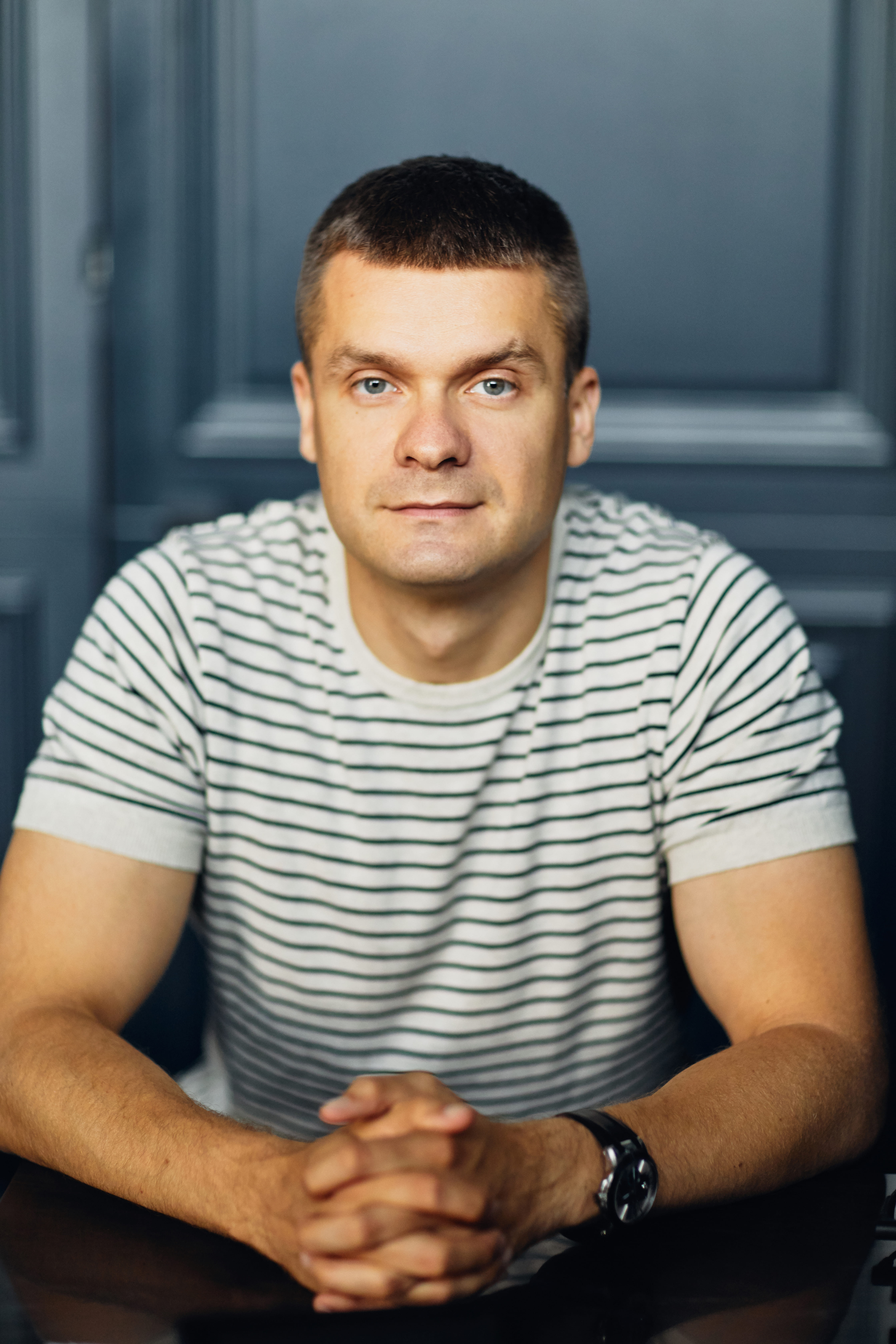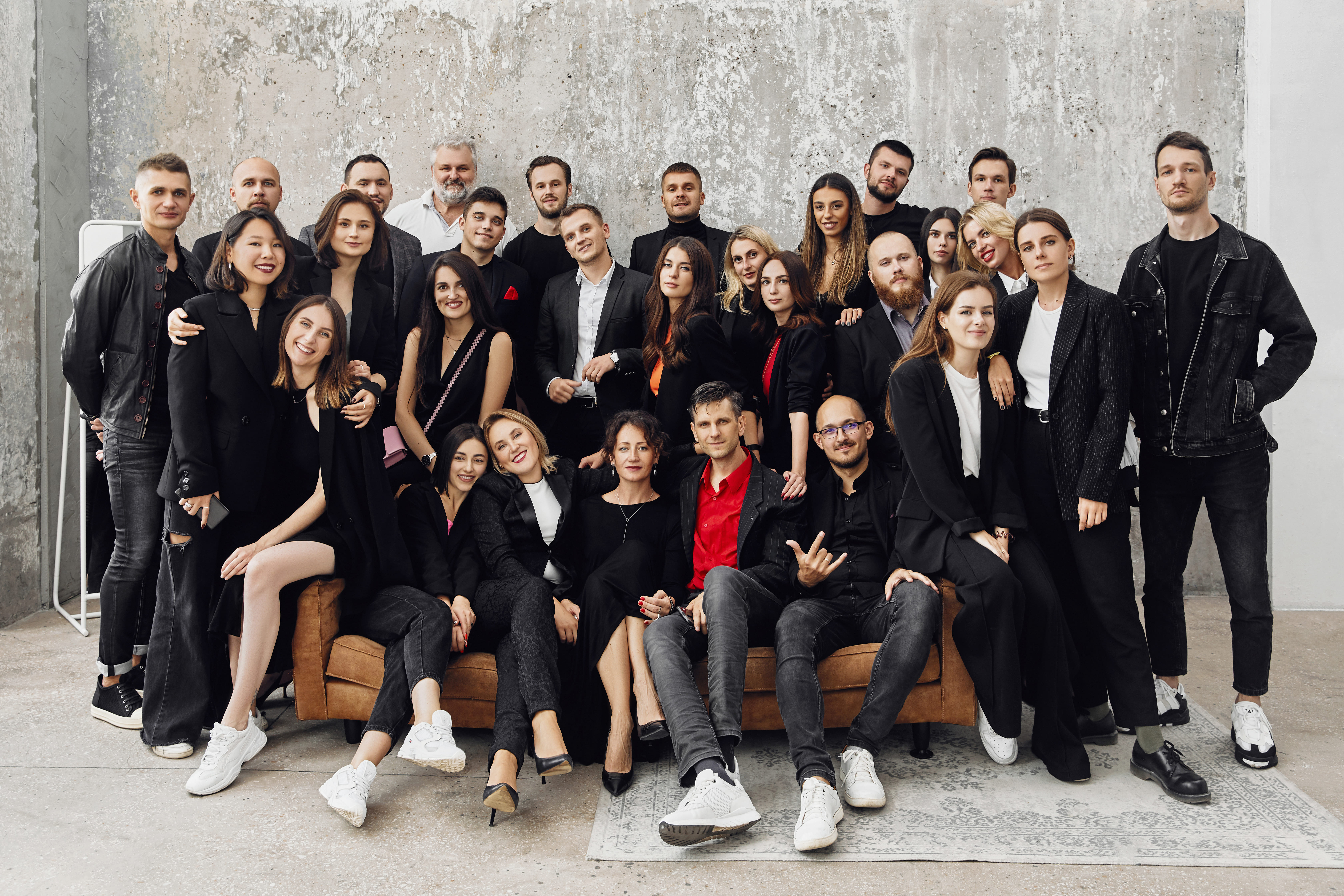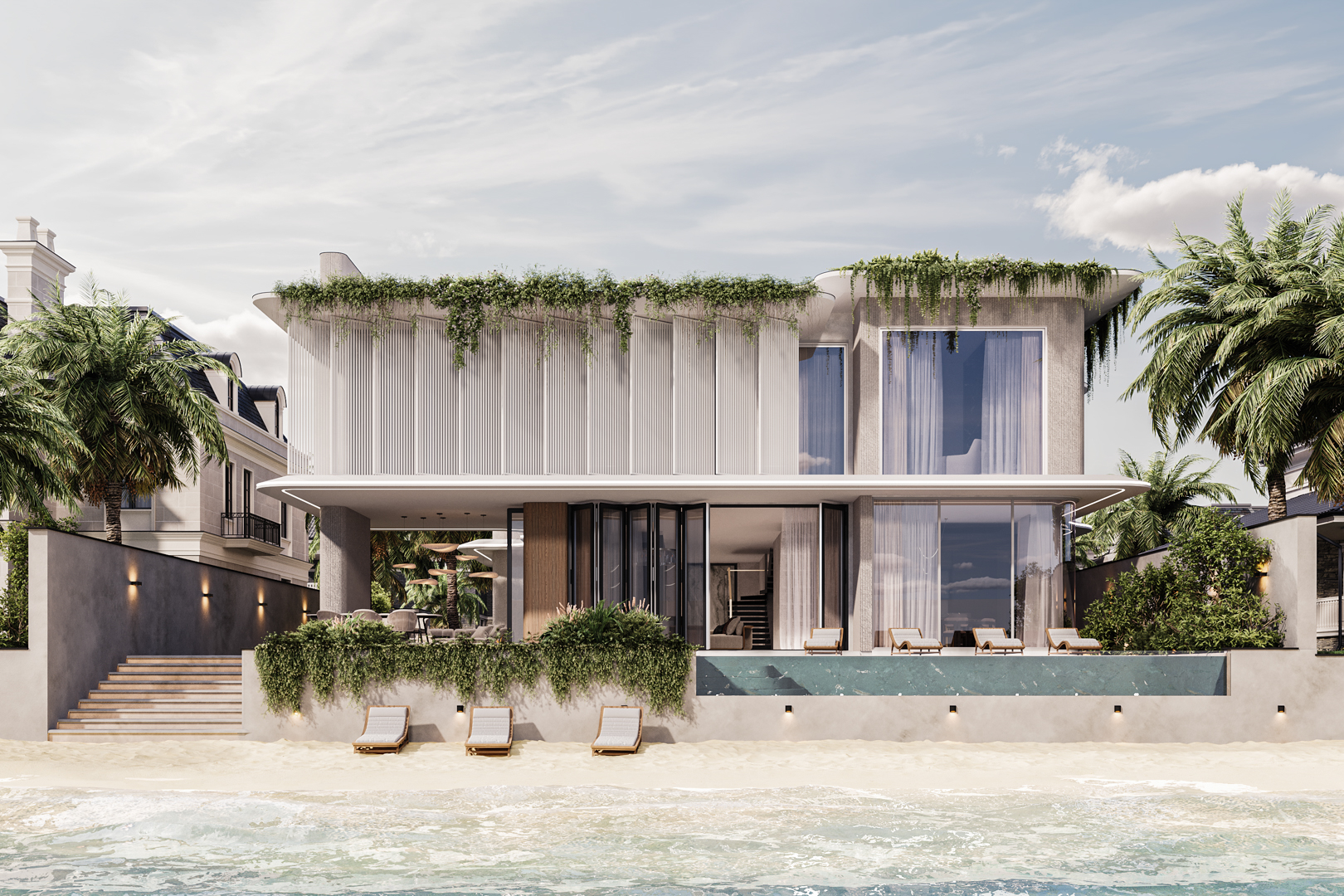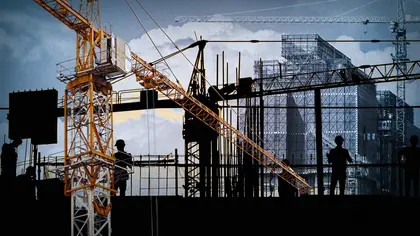Ukraine’s housing market had been developing very rapidly until Feb. 24, 2022. Since then, as a result of Russia’s all-out attack, it has been experiencing a crisis unprecedented in the history of independent Ukraine.
In 2008 and 2014, sales had also plummeted and projects were suspended for several months because of the international recession, but mechanisms for attracting buyers helped to quickly improve the situation in the market.
JOIN US ON TELEGRAM
Follow our coverage of the war on the @Kyivpost_official.
A reeling real estate market
The full-scale war has brought the market to a near standstill. The situation is unlike previous crises: developers use various methods for attracting customers – significant discounts per square meter, payments at an attractive dollar exchange rate – but buyers are still not ready to return to the real estate market.
The cause is obvious: the future of Ukraine at this stage is fraught with uncertainty. And no one can guarantee that an enemy missile won’t hit their new home. As a result, few are willing to invest large sums of money in real estate.
The construction market has also slumped, but not as much. The trends are directly proportional to the distance from the front line. The greatest activity in construction is taking place in the western part of the country.
“Primary housing (housing under construction) is sold in insanely small volumes. Compared to 2021, the volumes have fallen by 80 to 90 percent. Those developers who have ready-made housing survive,” real estate analyst Anton Palyonko said.

‘We Are Not Going to Just Surrender and Give Up Our Independence’ – Ukraine at War Update for Dec. 18
According to Palyonko, prices for construction materials have tripled due to huge inflation. And while prices for materials have increased, purchasing power has fallen.
“Those developers who have many units can save their business through payments in installments,” he said. In other words, by having sold many units negotiated with long-term installments, some developers will still receive payments from buyers under the contract.
“There is no support for this business sector from the government. The eOselya program [a preferential lending program from the state] could help those who have already put their houses into operation, but only 741 loans were issued in Ukraine during the year. And I assume that most of them are for secondary housing,” Palyonko said.
Those builders who decided to start or continue construction have big problems with materials. At the same time, power outages and a lack of orders make housing more expensive and delay the construction period.
“For example, in winter, it is impossible to fill the floor slab and heat it to keep the temperature regime due to power outages,” Palyonko explained. “And using a generator is very expensive because a lot of power is required, the cost of renting it is high, and fuel is expensive."
How design and architecture businesses survive
If the real estate market has reached a dead end, then the architecture and design sector must also be going through hard times. Kyiv Post spoke with Kyiv-based ISTO architecture and design studio, which continues to work successfully despite the war.
According to Maksym Popovych, co-founder of the company, the management had considered the probability of a full-scale war, so by Feb. 24 they had developed a plan: if a war starts, the team should be temporarily relocated to Uzhhorod, in Zakarpattia, near the Slovak and Hungarian borders.

Maksym Popovych, co-founder of the ISTO architecture and design studio.
“On March 15, we opened the ISTO office in Uzhhorod and started working. At first, there were about 15 people, then 20 to 25. People were coming. We worked like this from March 15 to May 15, and then returned to the Kyiv office. There were about 30 of us,” Popovych said.
Despite the stagnation of the real estate market, the company stayed afloat. Many customers who started cooperating with the company before Feb. 24 were not frightened by the full-scale war.
“When the war started, we had 26 units in operation. I called customers and clarified who was ready to continue cooperation. Some 11 out of 26 confirmed their willingness to work and pay for work. Those were all Ukrainian projects,” Popovych said.
In fact, instead of lay-offs, the office began recruiting new people.
“Since the beginning of the war, the company has hired 25 new employees. As of March 2023, the ISTO team consisted of 68 people,” the co-founder added.

According to Popovych, as of February 2022, the share of orders from abroad was very small. Most of the clients were Ukrainians and foreign contracts were rare.
In 2022, the company had planned to gradually enter the international market. The war accelerated this process. It was necessary to quickly adapt the business to new conditions. So, the company rushed to explore the market abroad.
The company began to cover new markets in Marbella, Spain, as well as Bulgaria and Istanbul, Turkey. The business did not go well in Spain, while the situation in Bulgaria and Turkey was better. But the team was still not satisfied with the number of orders for design projects.
As a result, the co-founders decided to enter the Dubai market. Dubai is being developed at an incredible speed and the company had many opportunities for cooperation and development of the architectural studio.
“We focused our efforts there, invested a lot of money in advertising, and in the third month the first orders appeared,” Popovych noted.
As of February 2023, the Ukrainian design bureau is actively developing in the Dubai market. The company is working on nine properties at various stages and is building a team on site in the Dubai office.
“The principle of operation is the same, but there are many unusual things in the Dubai market. For example, the phenomenon of a kitchen for cooks – earlier it was the exception rather than the rule. Now it’s mandatory in almost every facility. That is, one kitchen where the family cooks, and another kitchen where cooks work,” he said.

One of the projects of the ISTO studio in Dubai, UAE.
Concerning future plans, Popovych said that the company is planning in the short term to continue expanding and adapting to the specifics of the new market. Meanwhile, the head office of the studio remains in the Ukrainian capital.
You can also highlight the text and press Ctrl + Enter






